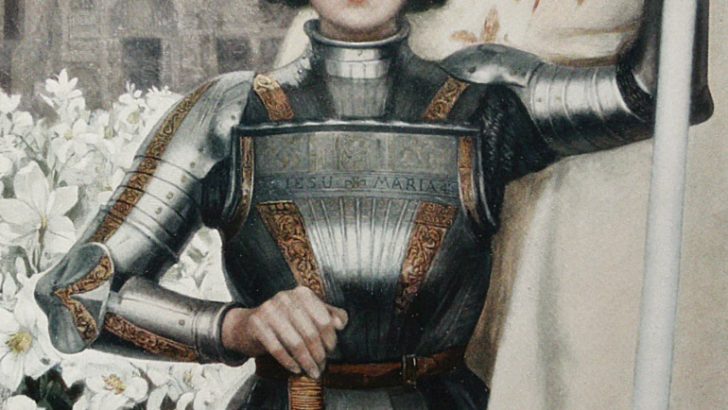“Far from emphasising submission, the message I picked up was about not conforming to received ideas. Do what you believe is right. Defend your values. Do not be afraid”, writes Mary Kenny
The proposal to remove religion from the core curriculum of primary schools has been greeted by secularists as “a progressive step for Irish education” and “an acknowledgment of the value of fact-based learning”.
Removing faith from the curriculum will, it is suggested, help to instruct young children in the discipline of evidence-based facts and equip them with “the tools of philosophical enquiry”.
This has prompted me to cast my mind back to my own primary school days and what I learned through religious instruction. Perhaps I ‘imbibed’ more than I learned, since I don’t recall any very heavy learning beyond the Catechism and the Ten Commandments.
The most vivid lessons were more about example under duress than about the recital of mere facts (which did not compel me much as a young child). There was a lot about the saints, and I could identify with young girl saints like Joan of Arc and Bernadette of Lourdes.
Message
The message transmitted by the saints’ lives emphasised faith and endurance. There were stories, too, of missionaries who had been tortured to death but did not betray their faith. What I learned from this was that you should stand up for what you believe in, without fear or favour.
Far from emphasising submission, the message I picked up was about not conforming to received ideas. Do what you believe is right. Defend your values. Do not be afraid.
I remember being hugely impressed by the story of St Catherine of Siena – a doctor of the Church, it was stressed – who drank a cupful of leper’s pus just to show that she feared nothing. Respect!
My early convent school education gave me something for which I’ll always be grateful: the conviction that I am entitled to form my opinions through reason and experience, and entitled to stand up for them. When a child claimed that “everyone else does it”, a nun would respond “and if everyone else throws themselves off a cliff, would you follow like a lemming? Think for yourself!”
The cardinal virtues stressed fortitude.
The early lessons imparted to children are probably more about character and attitude than about “fact-based evidence” – although mathematics soon leads a school student to prove a mathematical fact, a lesson in itself. But without character – endurance, courage, and even self-denial – philosophy and fact-based evidence are of little avail.
Debbie’s eternal smile
The death of Debbie Reynolds indeed signals the end of the era of the big MGM musical, like Singin’ in the Rain. I was about 10 when I first saw it and I still remember the sense of rapture that the title song imparted. And it never loses that essence of joy.
Debbie Reynolds, the fresh-faced ‘girl next door’, elicited much public sympathy when her husband Eddie Fisher left her for femme fatale Elizabeth Taylor. Debbie’s daughter Carrie Fisher – dying, tragically, just a day before her mother – made a comedy career out of ridiculing her father for his weak-willed ways, the punishment for adultery no longer being fire and brimstone, but being held up as an object of satire.
Life does not always imitate art, and the inspiring and uplifting mood of Singin’ in the Rain was somewhat in contrast to Miss Reynolds’ own life, with three failed marriages and money problems too.
But ever the trooper, Debbie Reynolds kept a smiling face to the world and tried to see the best in everyone.
Not so much republican as Christian
When President Higgins visited the excellent Capuchin Day Centre in Dublin, he described it as “the stuff of a real republic”.
It was, he said, “so impressive to be able to come and share life as Bro. Kevin is making possible with the children on Sunday, the young mothers on Monday, the parcels that go out and the people who break bread and eat food here together with dignity – that is the stuff of a real republic”.
The Capuchins’ work is absolutely terrific and compels all our admiration. But surely it should be said that “this is the stuff of real Christianity” rather than “the stuff of a real republic”?
A republic may act with charity towards the dispossessed, or it may not. Assad’s Syria is a republic. The US is a republic. The original republic, the template of them all, Switzerland, though not without virtues, is best known for its favourable policies towards the very rich who like to hide their money.
Republics are as variable as the humans who constitute them. The same could be said for any other form of constitutional arrangement.
The Capuchin Order of Friars are an offshoot of the Franciscans, founded to serve the poor by seeing in each individual the person of Jesus Christ. That was the order’s purpose. But President Higgins seldom seems to ascribe public virtues to the traditions of Christianity.


 Mary Kenny
Mary Kenny St Joan of Arc
St Joan of Arc